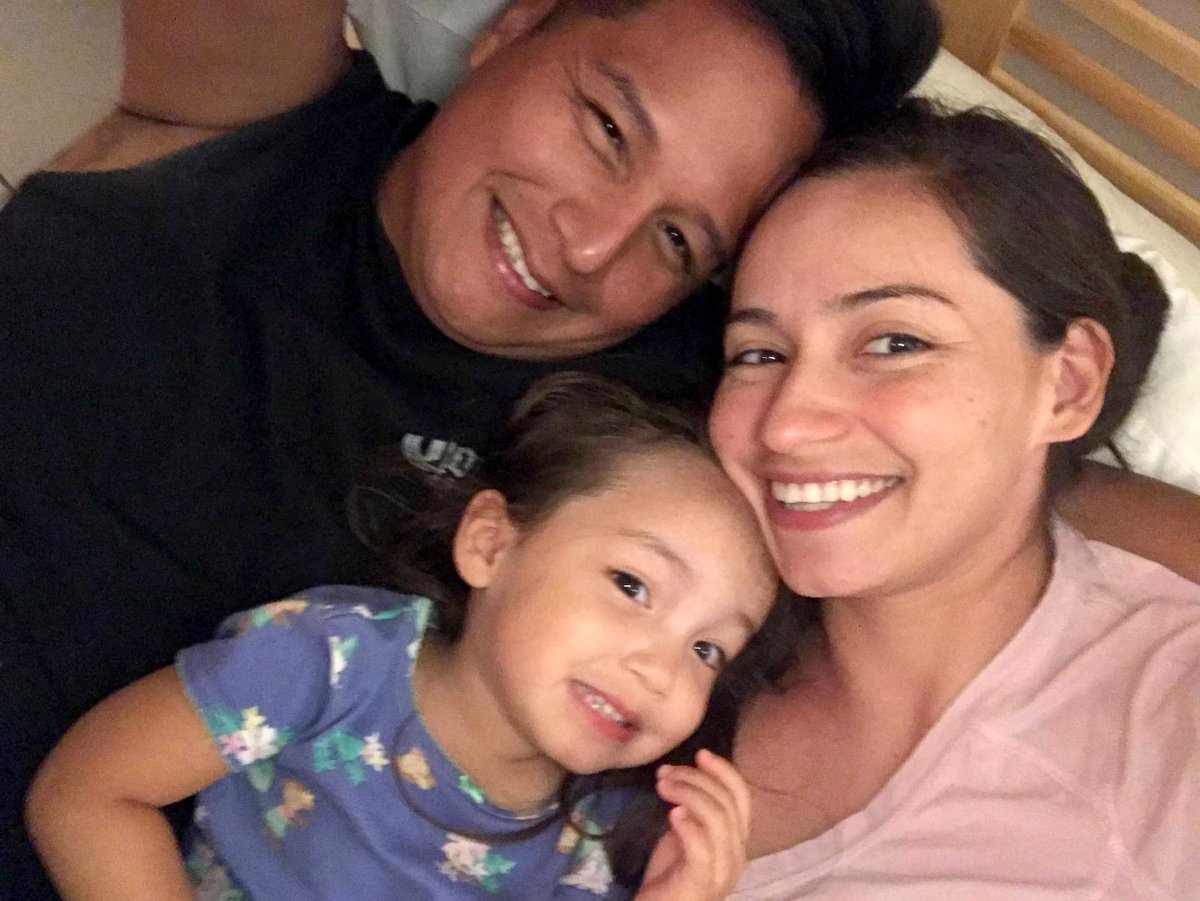As the death toll from the coronavirus pandemic increases, it is leaving a growing path of children who have lost parents in its wake. https://nbcnews.to/3iFDkD3
#NBCNewsThreads (1/10)
#NBCNewsThreads (1/10)
Some of these children say they wish they were in heaven with their parents. Some struggle to eat or concentrate in school. Some have started therapy at only 2 years old. (2/10)
In Waldwick, New Jersey, 5-year-old Mia Ordonez’s father went to the hospital one night in March while Mia was sleeping due to his worsening Covid-19 symptoms. He died five days before her birthday.
Afterward, Mia was terrified to go to sleep, her mother said. (3/10)
Afterward, Mia was terrified to go to sleep, her mother said. (3/10)
“She went to sleep one day, and Dad never came home,” Mia's mother said. “She just felt like if she went to sleep, there was a chance that she would wake up, and Mommy wouldn’t be there or Mommy could die.” (4/10)
Experts say losing a loved one to Covid-19 brings a unique grief that can be particularly confusing for children. https://nbcnews.to/3iFDkD3 (5/10)
“When someone close to you dies, you lose the person — that’s the primary loss — but you also lose everything that person did, could have done and might have done for you in the future,” said Dr. Schonfeld, a developmental-behavioral pediatrician. (6/10)
Secondary losses include things like loss of income, which could result in food insecurity.
But they are not always financial, Dr. Schonfeld said. Maybe that parent was the one who made sure a child got their homework done or monitored that they took asthma medication. (7/10)
But they are not always financial, Dr. Schonfeld said. Maybe that parent was the one who made sure a child got their homework done or monitored that they took asthma medication. (7/10)
Even as the pandemic upends daily life, there are ways to help a child cope with loss.
Many bereavement groups are doing virtual support groups, and some schools have counselors, social workers or psychologists who can work with children or recommend outside resources. (8/10)
Many bereavement groups are doing virtual support groups, and some schools have counselors, social workers or psychologists who can work with children or recommend outside resources. (8/10)
Simply acknowledging the loss is an important first step — something that some educators or other adults may not do out of fear that they will say something that makes the child feel worse, Dr. Schonfeld said. (9/10)
“Saying nothing is the worst thing to do in a crisis, because it suggests to kids that the adults are unaware or unwilling to help.” https://nbcnews.to/3iFDkD3 (10/10)

 Read on Twitter
Read on Twitter


